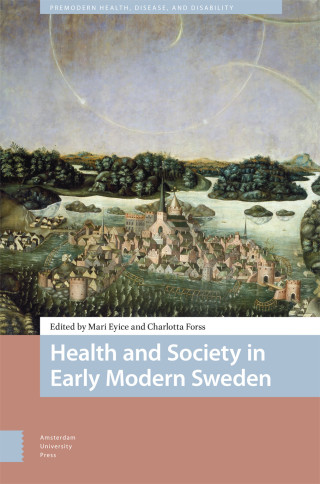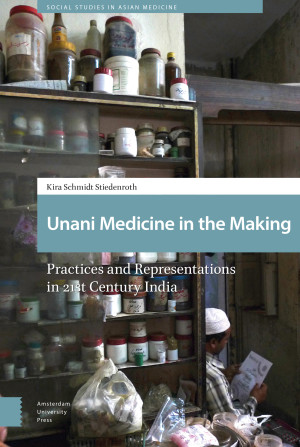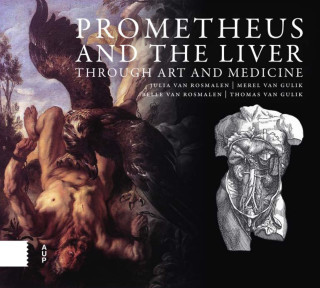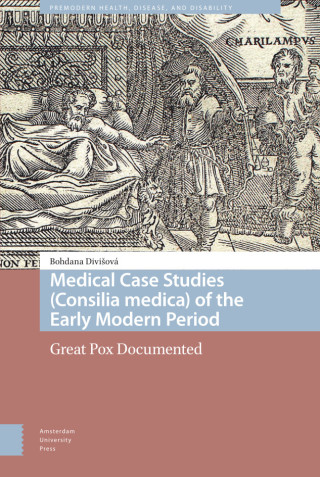Unani Medicine in the Making examines the institutions and practices of Unani medicine, the Graeco-Islamic healing practice based on the humoral theory attributed to Hippocrates and officially recognized as a system of medicine in India. Drawing on diverse materials, including Urdu sources, interviews with practitioners, and observations in clinics, the book explores what Unani medicine is today by attending to its multiplicity, scrutinizing apparent tensions between the understanding of Unani as a system of medicine and its multiple enactments as Islamic medicine, medical science, or alternative medicine. Ethnographic details provide vivid descriptions of the current practice of Unani in India, and invite readers to rethink the idea that humoral medicine is incommensurable with modern medicine and science, and that the modernization of Asian medicines invariably leads to their biomedicalization. Ultimately, the book also discusses the relationship of Unani with Muslim communities, examining the growing practice of Prophetic Medicine in Urban India and increasing representations of Unani as Islamic Medicine.





